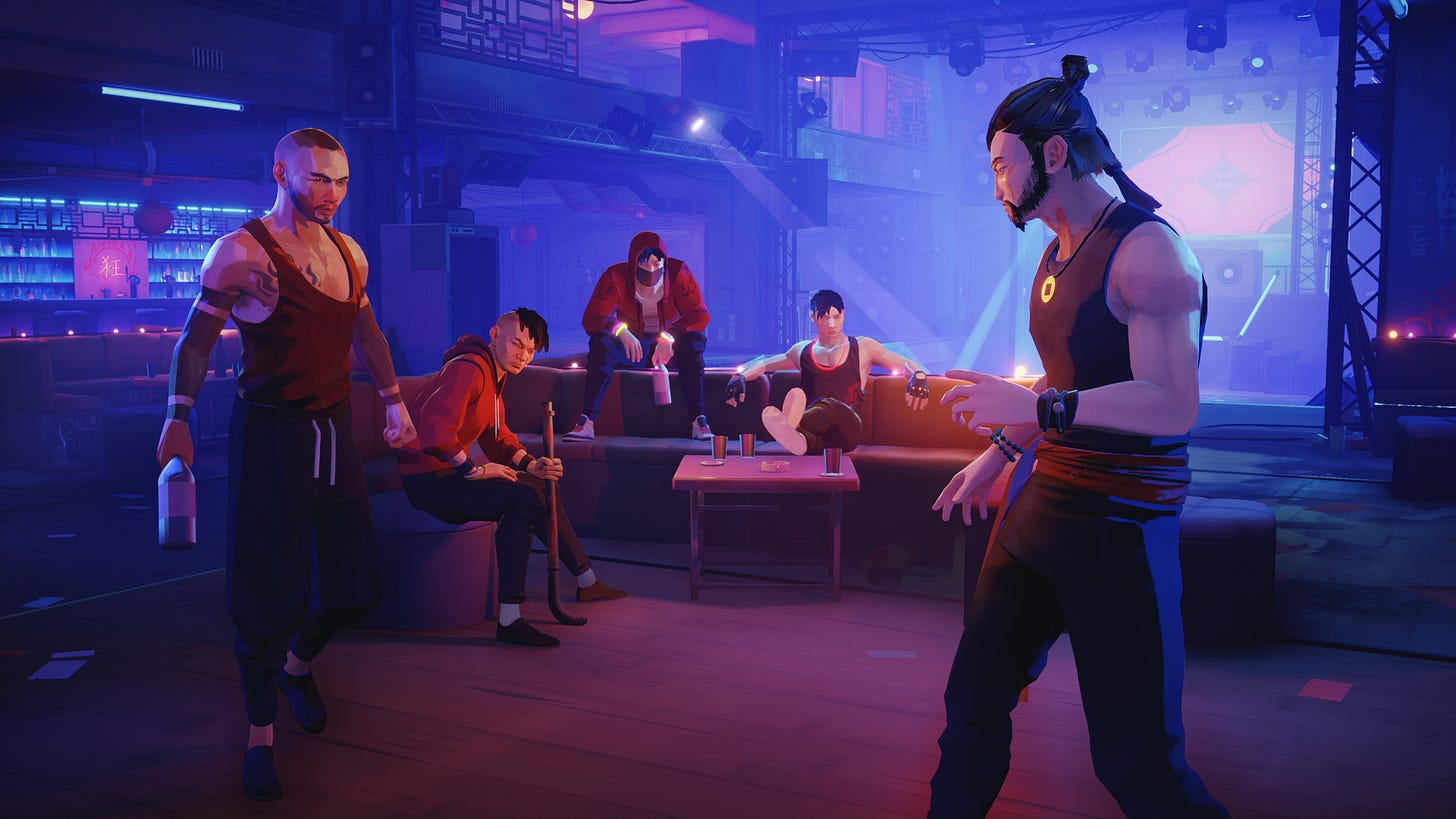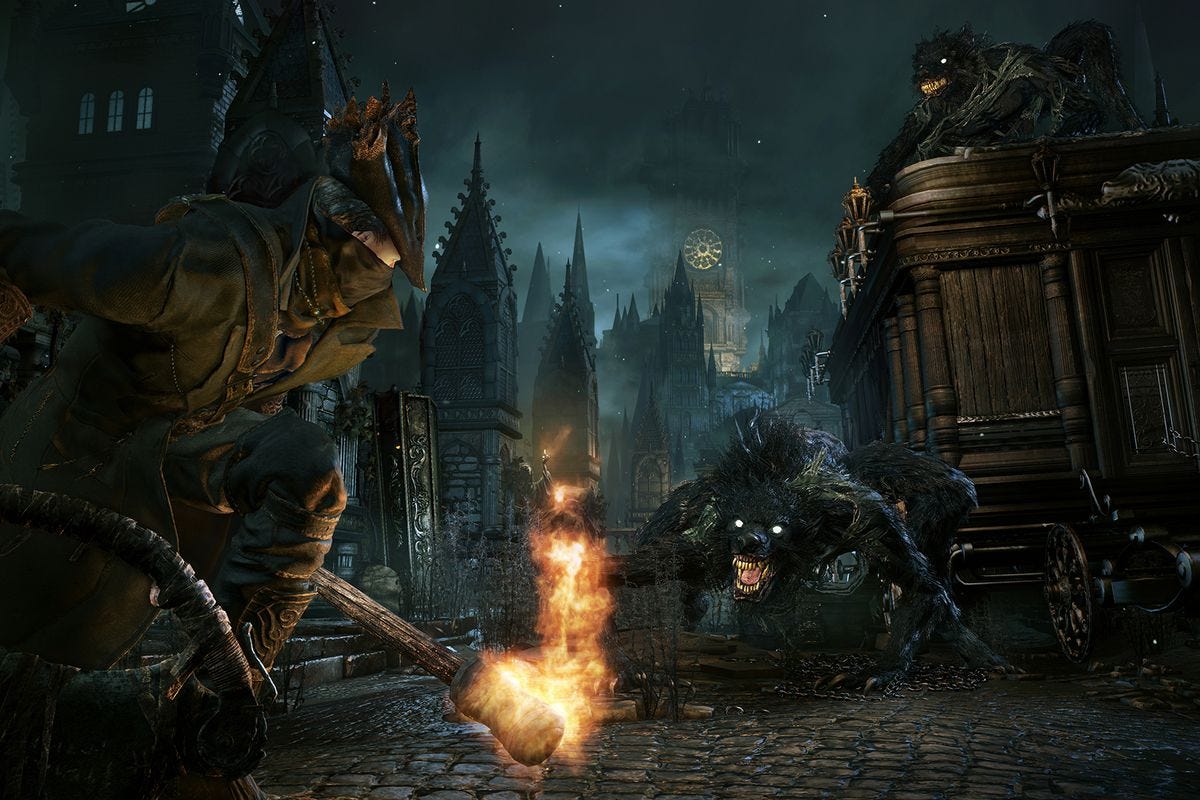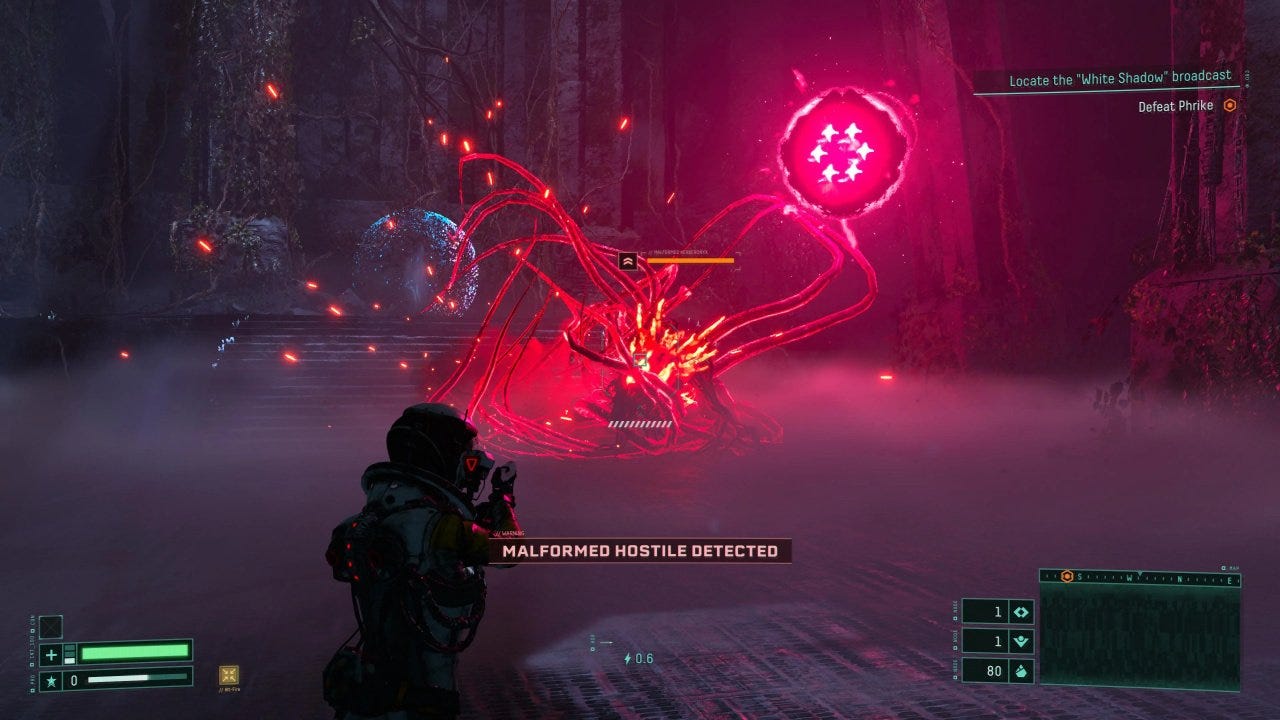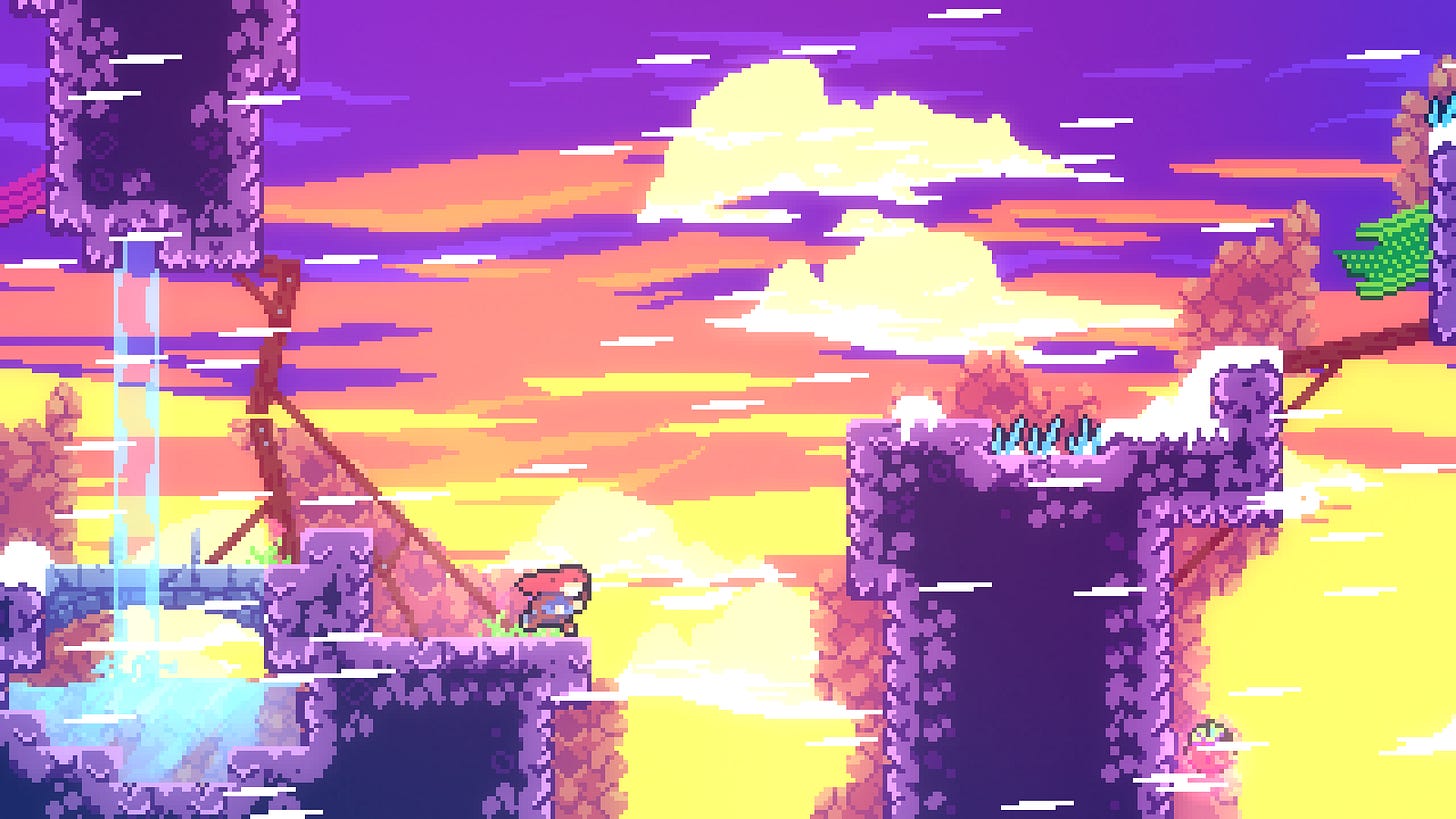No, All Video Games Shouldn't Have an Easy Mode
Sifu revives a classic gaming debate about difficulty
Every year, it seems like there’s a game that causes a classic video game debate to be brought back to center stage: “Should all video games have difficulty options?”. Several years ago, Sekiro stirred up emotions as it demanded lightning-quick reflexes from any who hoped to make it to the end. Last year, Returnal was the poster child of this debate as its long and unrelenting rougelike mechanics wore people to the bone. This year, it seems like Sifu, with its intricate combat and tough hand-to-hand showdowns, has volunteered as tribute. I’d like to put this debate to rest (although I know I won’t) with my take on things. Should all games have an easy mode? No. Let me explain.
Art Hits Everyone Differently
Just like any form of media, video games can be both product and art at the same time. They serve as entertainment in return for money and time. They are also a particular vision brought to life. A crafted experience meant to evoke certain emotions and feelings. Oftentimes in art, whether it be paintings, books, music, movies, or video games, the vision will clash with the entertainment. The scale is tipped, and sometimes vision is sacrificed to ensure more people are entertained, or maybe fewer people are entertained in favor of upholding the creator’s vision. Both instances are okay.
Personally, I believe video games are not much different than any other form of art. The one very big caveat is that some people just physically aren’t able to do certain things on a controller due to a disability or extreme discomfort. Let’s table that for the end of the discussion. There are players who just do not want to invest the time and effort to get good at one specific game in order to enjoy it. Just like some people don’t care to try and unravel a director’s vision from some artsy Oscar-Award nominated movie, or how some would rather not try and understand how certain abstract art is supposed to convey an artist’s inner thoughts.
If a game is too hard for some people, that’s okay. Of course, that comes with the tradeoff of fewer people enjoying that body of work, but as long as the creator understands that going in, I don’t see the issue. Every game does not need to be made to ensure anyone and everyone can complete it. Just like every song doesn’t need a clean version, and every painting doesn’t need an in-depth explanation. It would be nice, sure, but it’s completely unnecessary. The fantastic thing about video games is that if a certain game is too hard, there is a never-ending list of other games to choose from.
Audience Matters
When it comes to reviews, this is where things get interesting. If the main purpose of the review is to help the general public make an informed decision about how they spend their money and time, I think it’s valid to convey extreme difficulty as a potential detriment to the average player’s experience. Every game showcases its style, music, and story through trailers and screenshots, but it’s rare that a game clearly advertises its difficulty. While some hardcore players like myself see difficult games as a fun challenge, I don’t doubt many casual players see it as a waste of time and money. Making a game hard with no way to adjust the difficulty comes with a cost. It shrinks the intended audience, and as a result, will likely turn people off and leave money on the table in the process.
If the game is being reviewed critically, I think that’s a different conversation. Ultimately, the game should be judged by its ability to combine gameplay with other forms of expression to create a cohesive vision. The artist shouldn’t be penalized for refusing to compromise on difficulty. Maybe they are using it to convey a certain feeling of growth to the player. Maybe they are using it as a storytelling mechanism. Regardless of the reason, the difficulty should be seen as nothing more than an artistic choice. As long as the developer gives you the right tools to overcome that difficulty, I believe they are well within their right to provide whatever challenge they see fit.
Those Who Live in Glass Houses...
That being said, a challenging game opens itself up to intense scrutiny of its gameplay mechanics. As the game demands more out of the player, a player has to right to demand more from the game. Just like how puzzle games can be picked apart for their obtuse and unintuitive solutions, action-focused games can be criticized for flaws in their combat systems. Issues like obfuscated mechanics, delayed inputs, convoluted abilities, and inconsistent or unclear enemy behavior can be looked past in games that allow you to scale difficulty, but they actually get amplified in games that force you to take them head-on. So if a developer wants to require a certain level of skill from the player, they must ensure that their game avoids unintended challenges beyond that skill gap.
Accessibility is Crucial
Finally, I want to talk about accessibility. I think tackling accessibility and general difficulty are two different conversations. Yes, adding difficulty modifiers makes a game more “accessible” to casual players, but that’s not exactly what I’m referring to here. I’m talking about allowing someone to reconfigure the game so that they can overcome challenges that would prohibit them from playing, no matter how much practice they put in. I think all games should provide as many accessibility options as possible. This includes the ability to remap buttons, adding strong visual indicators, adding strong audio indicators, providing clear and detailed game mechanic explanations, and more. I understand it’s not easy for every team of every size to give every accessibility option for their game, but it’d be nice to see an attempt made, especially when they will make or break someone's experience with the game.
The Final Word
I believe difficulty can be an artistic choice. Just like sound, narrative, or visual design, difficulty is usually a deliberate decision that contributes to the overall vision of the product. That does not mean I believe that hard games should be shielded from criticism. Regardless of the difficulty, accessibility configurations should be a standard in video games, and any game that lacks them is behind the times. From a more critical standpoint, a mandatory level of challenge also forces the developer to stand confidently on the quality of their gameplay mechanics, which can be rightfully torn apart if bad design adds an unintended layer of difficulty to the game. There’s an inherent risk and reward system that comes with building these types of products. While it may seem unfair that these games are being held to a different set of rules than others, FromSoftware’s genre-defining body of work and games like Celeste are living proof that any developer that perfects this dance will be praised and rewarded handsomely.





